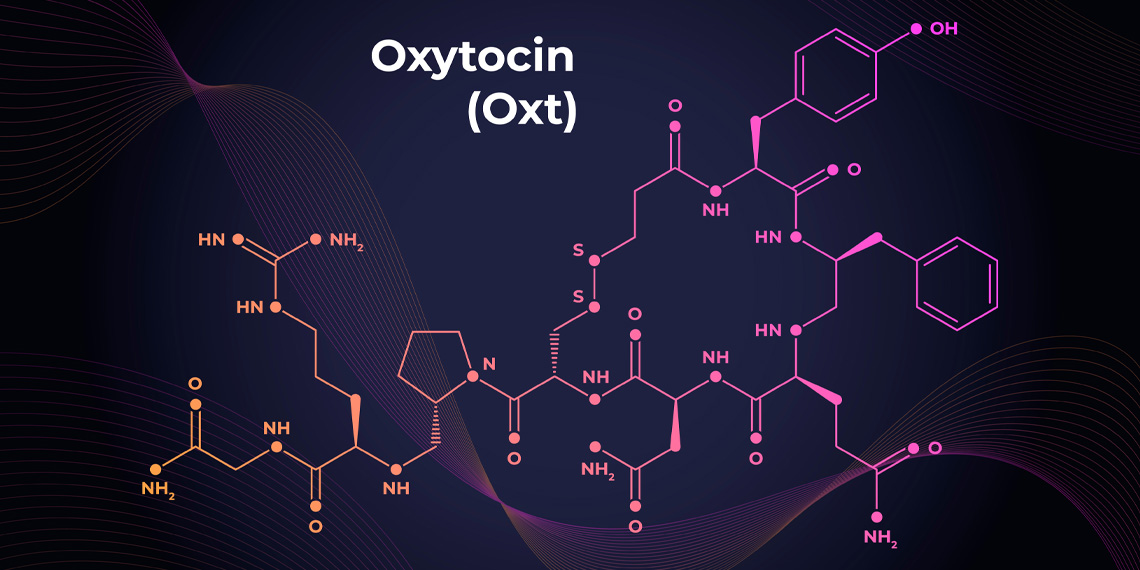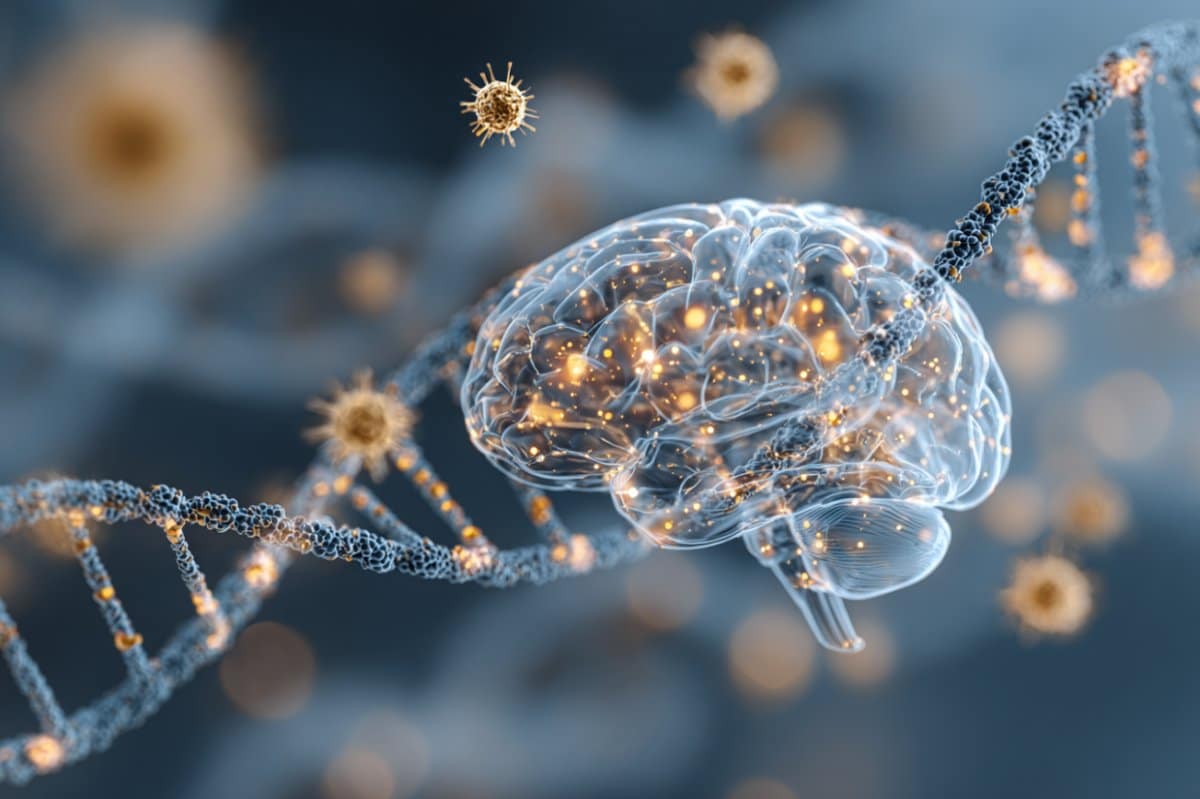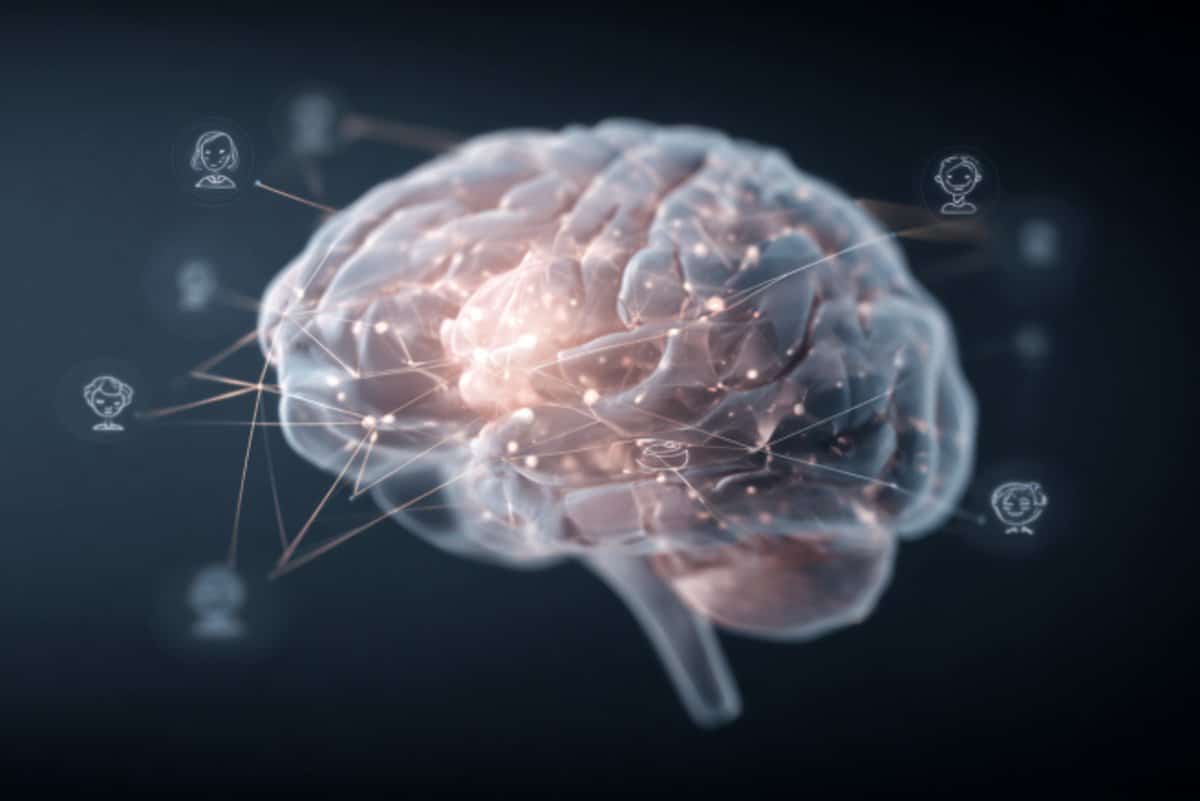T4K3.news
New study shows couples' oxytocin levels align after sex
Researchers found that oxytocin peaks correspond and suggest emotional bonding in couples.

A study explores the synchronization of oxytocin levels in couples during sexual activity.
Couples' oxytocin levels synchronize after sex
A new study published in the Archives of Sexual Behavior examines how oxytocin levels fluctuate during sexual encounters between couples in natural settings. Researchers found that both partners showed synchronized oxytocin peaks around 40 minutes after sex, although the hormone's connection to orgasm was weaker than expected. Conducted by a team led by Amanda Denes at the University of Connecticut, the study involved 49 couples who provided saliva samples before and after sexual activity in their homes. The findings suggest that oxytocin plays a role in post-sex bonding, even if orgasm does not directly increase its levels.
Key Takeaways
"Oxytocin synchronization suggests deeper emotional bonding."
This highlights the potential for stronger connections between partners post-intimacy.
"Higher pre-sex oxytocin in women may increase orgasm chances."
A significant finding that challenges previous beliefs about the hormone's role during sex.
"The post-sex period is crucial for emotional closeness."
This reflects new insights into the importance of aftercare in relationships.
This research offers compelling insights into the role of oxytocin in romantic relationships. While prior studies emphasized a strong correlation between orgasm and oxytocin spikes, this one challenges that notion. Instead, it reveals the importance of shared experiences post-intimacy, suggesting that emotional bonding may not solely rely on physical climax. This shift in focus highlights the nuanced ways partners connect beyond the act itself, potentially laying the groundwork for further studies on intimacy and relationship satisfaction.
Highlights
- Oxytocin peaks may reveal the hidden bond after intimacy.
- Shared hormonal levels highlight a deeper connection between partners.
- The post-sex period is crucial for emotional closeness.
- Orgasm may not be the key to oxytocin spikes.
Potential cultural implications of oxytocin research
The study touches on sensitive aspects of sexual behavior and intimacy, which could provoke varying reactions based on cultural norms around relationships and sex.
Future studies could delve into diverse relationships to enhance understanding of intimacy and bonding.
Enjoyed this? Let your friends know!
Related News

Fasting Before Bed Found to Enhance Memory

AI companions reshape the concept of love

Psilocybin shows promise as an anti-aging treatment

New studies explore sunlight benefits for health

New Research Uncovers Factors Influencing Antidepressant Efficacy

New research highlights strength training for longevity

Changes to U.S. health datasets alarm researchers

Patrick Dorgu shines in Manchester United pre-season
